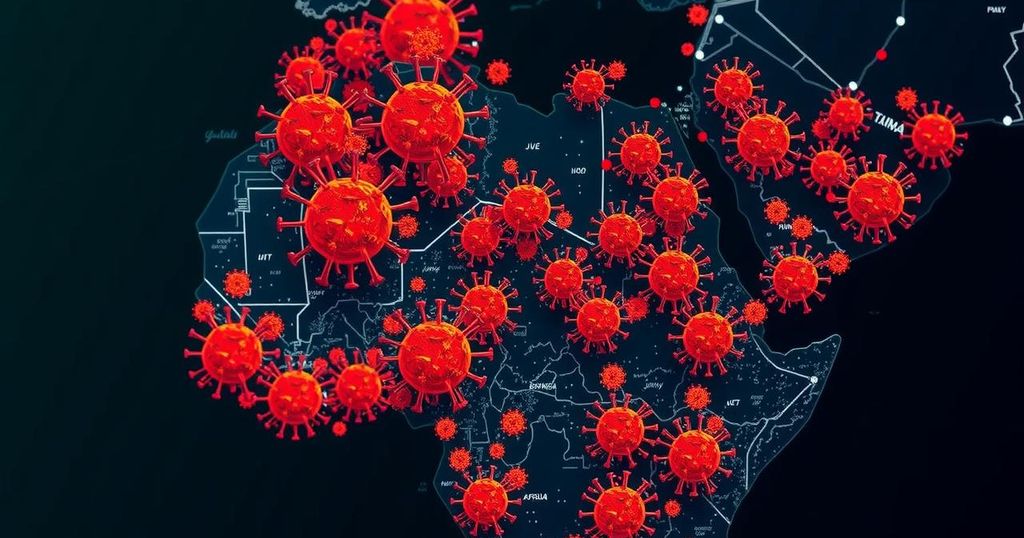Mpox Cases in Africa Surge to Over 59,200, Affecting 20 Countries

The Africa CDC reported over 59,200 mpox cases in Africa this year, with 20 countries affected. Notably, the outbreak is centered in Central Africa, accounting for the vast majority of confirmed cases and deaths. Recent weeks showed a dramatic escalation, with new cases also reported in the United States and Canada linked to travel in Africa.
According to the Africa Centers for Disease Control and Prevention (Africa CDC), the total number of mpox cases in Africa has exceeded 59,200 this year, with 20 nations reporting outbreaks. In a recent online media briefing, Ngashi Ngongo, chief of staff and head of the executive office at Africa CDC, revealed that the continent has documented a total of 59,220 mpox cases, including 12,938 confirmed cases and over 1,164 fatalities, yielding a case fatality rate of approximately 2 percent among reported cases. During the past week alone, Africa documented 2,680 new cases and 22 additional deaths, with Burundi, the Democratic Republic of the Congo, and Uganda being the primary sources of newly confirmed instances.
The recent surge in mpox cases is alarming, reflecting a 600 percent increase compared to last year’s totals. The recent declaration of Angola’s first confirmed case on November 16 has expanded the number of affected countries to 20. The outbreak primarily persists in Central Africa, accounting for over 93 percent of confirmed cases and nearly all reported deaths. In mid-August, the Africa CDC had categorized the ongoing mpox situation as a public health emergency of continental security, which was subsequently echoed by the World Health Organization declaring mpox a public health emergency of international concern.
Initial new mpox cases have also emerged in the United States and Canada, both linked to travel to Africa. Mpox, commonly known as monkeypox, is a rare viral disease first identified in laboratory monkeys in 1958. The illness is typically transmitted through body fluids, respiratory droplets, or contaminated materials, and it presents symptoms including fever, rash, and lymphadenopathy.
Mpox, or monkeypox, is a viral disease that has historically emerged in sporadic outbreaks. It is primarily endemic to Central Africa, but recent years have seen an increase in cases across the continent and beyond. The disease can be transmitted through direct contact with infected individuals or materials, thereby posing a public health challenge. The World Health Organization and regional health authorities have categorized the increasing rate of infections as a significant concern, leading to heightened awareness and emergency declarations. The Africa CDC plays a critical role in monitoring and responding to outbreaks, emphasizing the importance of data reporting and public health interventions in managing such infectious diseases. The current rise in cases warrants urgent attention to prevent further spread and to address the severe implications on public health.
The Africa CDC has reported alarming rates of mpox cases in Africa, indicating serious public health implications across 20 countries. The significant rise in cases, particularly in Central Africa, highlights the urgency of coordinated health responses and international collaboration to contain the outbreak. Health authorities are urged to remain vigilant and proactive to mitigate the risk of further transmission and its adverse effects on communities and healthcare systems.
Original Source: english.news.cn







